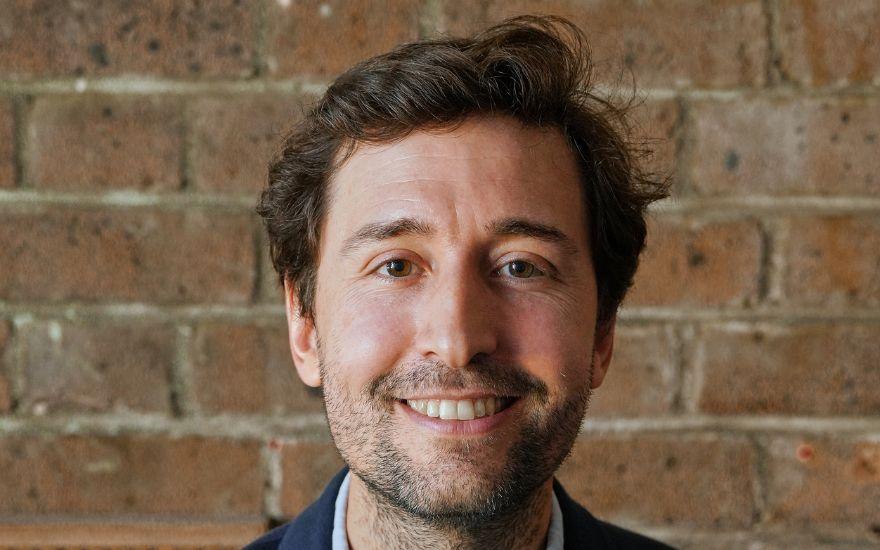Overview
The minimum offer is A*A*A at A-level, or 7 7 6 (42+ overall) from Higher Level subjects in the IB. For other qualifications, please see the University entrance requirements page.
A-level/IB Higher Level or equivalent in Mathematics.
IB applicants are expected to take IB Higher Level 'Analysis and Approaches' if available at your school. If this is not an option for you, please email admissions@clare.cam.ac.uk and we will advise you.
Further Mathematics is strongly encouraged, if available to you.
Admissions assessment
All applicants to Economics must take the TMUA. If you are applying to UCAS in October 2025, you must register for the test by 29 September and take the test on 13 or 14 October 2025. Further information about the TMUA can be found on the UATUK website.
Economics at Clare
Economics studies a wide range of phenomena concerned with, and arising out of, the way society decides how to use its resources, with topics ranging from economic development, business cycles and macroeconomic policy, through to the workings of auction markets, the impact of transnational firms and the future of the environment.
While the Cambridge course particularly emphasises the application of mathematical and statistical techniques, it also draws on fields such as politics, history, philosophy and psychology, to provide students with a thorough grounding in all aspects of the subject.
Located close to the Faculty of Economics and with four Fellows in the subject, Clare has a long tradition of excellence in Economics. We believe supervisions are key to the success of our students and pride ourselves on providing high quality teaching, drawing on both the expertise of our own Fellows as well as that of Economists located in other Cambridge Colleges and departments.
Visit the University's subject page for more information.
Dr Juan Block's advice for prospective applicants: If you are thinking about applying to Clare and have a real interest in economics, there are some fantastic ways to explore the subject more deeply.
A great place to start is by watching public lectures by influential economists. The Marshall, Keynes, Meade, and Stone lectures hosted at Cambridge offer not only historical perspective but also a glimpse into how economic thinking continues to evolve. Many of these are available online.
You should also explore Discover Economics, a brilliant initiative that tackles questions like “Why study economics?”, “What do economists do?”, and how the subject intersects with real-world challenges such as climate change, inequality, and tech innovation.
To challenge yourself and connect with others who share your enthusiasm, consider entering the Young Economist of the Year Competition (run by the Royal Economic Society) or the Marshall Society Essay Competition (run by Cambridge students). These are excellent opportunities to sharpen your thinking, get feedback, and show your commitment to the subject.
And if you enjoy podcasts, Economists in Ten is a must-listen. Each episode explores the life and work of a well-known economist through ten insightful questions, with special episodes offering even deeper dives. You can find it easily on Spotify and Apple Podcasts: Economists in Ten.
Exploring these resources will not only expand your knowledge but also show your genuine passion for economics at Clare and the University of Cambridge more widely.

Dr Block specialises in microeconomic theory, with a particular interest in game theory. He studies the fundamental economic incentives driving cooperation and reputation in environments where individuals only observe imperfect information about others' behaviour. He also investigates the role of learning processes based on social comparisons used by economic agents to make optimal choices when they have limited information and bounded memory.

